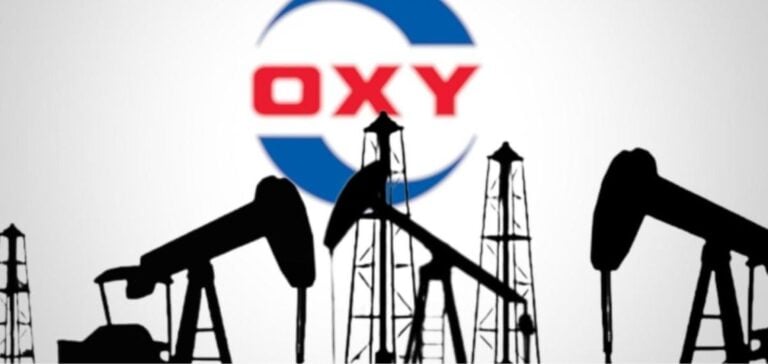Occidental Petroleum, a major player in the US oil industry, sells strategic assets in the Delaware Basin to Permian Resources.
This transaction is part of a strategy to reduce debt, following the acquisition of CrownRock for USD 12 billion.
At the end of the first quarter, Occidental’s debt exceeded 18 billion USD. Occidental also plans to sell an additional USD 152 million worth of assets, bringing the total of divestments announced or completed this year to USD 970 million.
The aim is to dispose of up to 6 billion USD worth of assets within 18 months of concluding the agreement with CrownRock.
Impact on Permian Resources and the market
Permian Resources acquires 29,500 net acres in the Barilla Draw field, located in the Permian Basin, the world’s largest shale oil basin.
This acquisition could increase Permian Resources’ combined net production by 15,000 barrels of oil equivalent per day (boepd) in the fourth quarter of 2024.
The sale marks Permian Resources’ largest acquisition since the purchase of Earthstone Energy for US$4.5 billion last year.
The transaction is expected to close in the third quarter of 2024, strengthening Permian Resources’ position in the sector.
Analysis of strategic implications
The sale of assets by Occidental Petroleum to Permian Resources is strategic in several respects.
Firstly, it enables Occidental to reduce its debt while focusing on its most profitable assets.
Secondly, it provides Permian Resources with an opportunity to significantly increase its production, thereby consolidating its position in the shale oil market.
For Occidental, the transaction is also a response to the expectations of investors, including Berkshire Hathaway, which holds nearly 29% of Occidental’s shares.
Prudent debt management and optimization of the asset portfolio are crucial to maintaining shareholder confidence and ensuring sustainable growth.
Future prospects and reflections
The conclusion of this sale between Occidental and Permian Resources illustrates a broader trend in the oil industry: the strategic reorganization of asset portfolios to improve efficiency and profitability.
This transaction could encourage other companies to adopt similar strategies, aimed at optimizing their assets and reducing debt in an uncertain economic environment.
For Occidental, this sale is an important step in its strategy of deleveraging and strategic repositioning.
For Permian Resources, it represents an opportunity to achieve substantial growth and strengthen its production capacity.
The success of these initiatives could define future trends in the oil market, influencing the strategic decisions of major players in the sector.





















